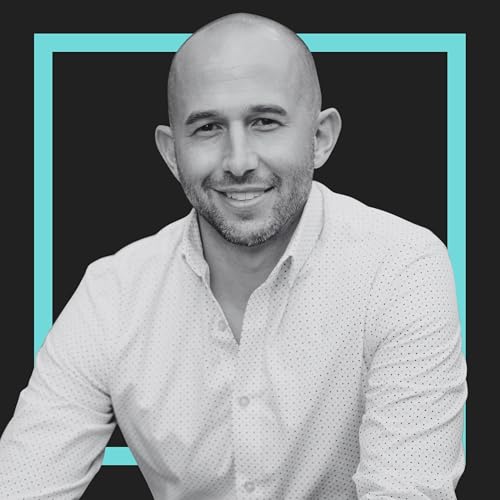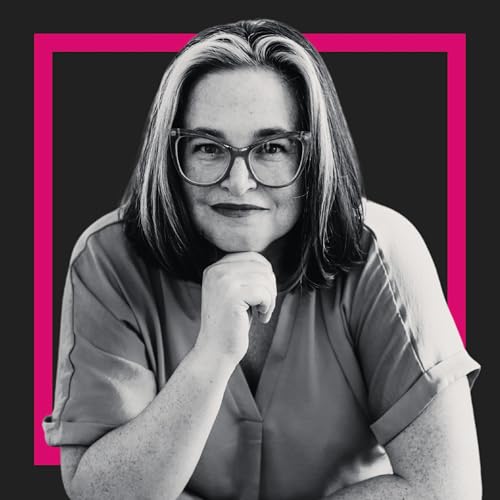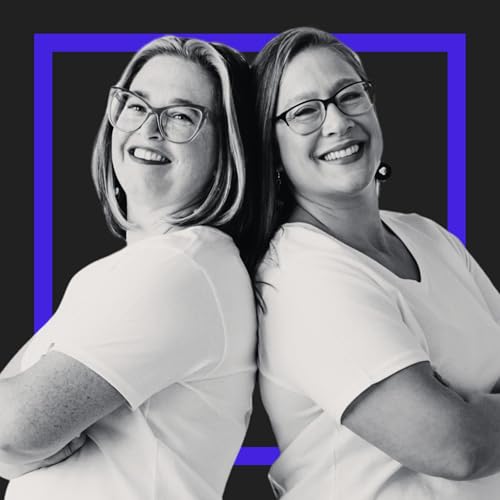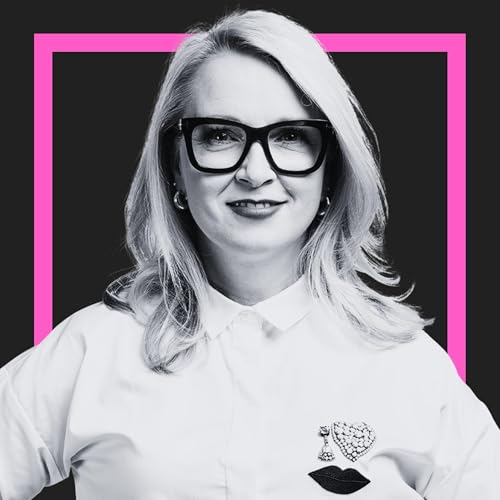Belonging might get you on the team, but if burnout is a systems problem, then mattering is a systems solution. Cait sits down with Zach Mercurio, PhD, author of The Power of Mattering, to examine why engagement continues to decline even in organizations investing heavily in culture initiatives. If burnout is a systems problem, then addressing workplace burnout requires more than resilience training. It requires redesigning how leaders show up in everyday interactions.
Zach breaks down the difference between belonging, inclusion, and mattering. Belonging is being welcomed. Inclusion is being invited to participate. Mattering is knowing you are significant and needed. That experience is built moment by moment when leaders notice, affirm, and show people how their contributions make a measurable difference. These small interactions directly influence organizational health and shape the employee experience.
Cait brings a biological lens to the conversation, exploring how chronic workplace stress and cortisol are connected to feeling unseen or replaceable. Research shows that when people feel they matter, stress markers decrease and exhaustion drops. That insight reframes the structural causes of burnout. This is not just about mindset alone but systems, expectations, and leadership behavior.
The conversation also addresses leadership burnout. Managers are overloaded with KPIs, administrative demands, and hybrid communication that erodes psychological safety at work. When leaders rush, care disappears and hurry replaces presence, burnout culture takes root. If burnout is a systems problem, then culture is built or broken in the accumulation of daily interactions.
You will get a useful framework based on three main actions which are noticing, affirming, and needing. You can use these leadership skills on a larger scale to improve the health of your organization, reduce burnout at work, and make the employee experience better without starting a new project.
Episode Breakdown:
00:00 Zach Mercurio, PhD, on The Power of Mattering at Work
02:37 Belonging vs Inclusion vs Mattering
06:39 What Makes Work Meaningful
09:43 Mattering and Burnout
11:48 The Biology of Feeling Valued
20:57 How to Build Trust With Check-ins That Feel Authentic
23:14 Notice, Affirm, Need: Leadership Behaviors That Reduce Burnout
28:47 Why Hurrying Kills Care
42:13 The Myth of Being Replaceable
48:12 One Simple Question That Helps People Feel They Matter
Links
Mind–Body Skills Groups for Posttraumatic Stress Disorder in Palestinian Adults in Gaza
Connect with Zach Mercurio:
Visit Zach's Website
Follow Zach on Instagram
Connect with Zach on LinkedIn
The Power of Mattering
Cait Donovan is a keynote speaker, author, and host of FRIED: The Burnout Podcast, specializing in burnout, mismatch, and sustainable performance at work. She partners with corporate leaders, teams, and professional associations through keynotes, workshops, and leadership sessions that treat burnout as data, not failure, to help organizations reduce burnout without blame or shame and build healthier, high performing cultures.
To bring Cait to your organization or event, book an inquiry call here.
Podcast production and show notes provided by HiveCast.fm
 51 m
51 m 12 m
12 m 46 m
46 m 6 m
6 m Jan 18 20261 h y 2 m
Jan 18 20261 h y 2 m 49 m
49 m 41 m
41 m 19 m
19 m
